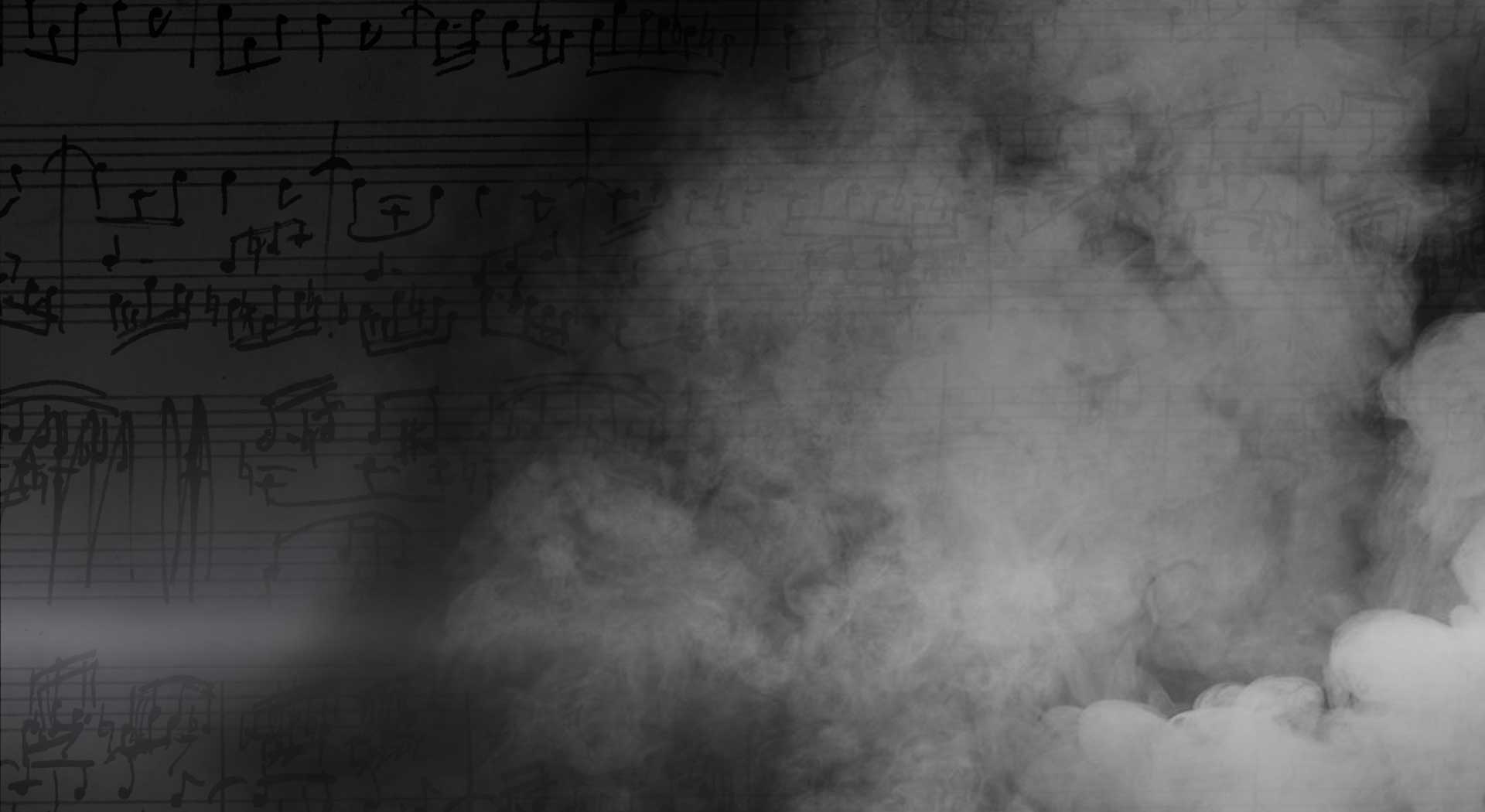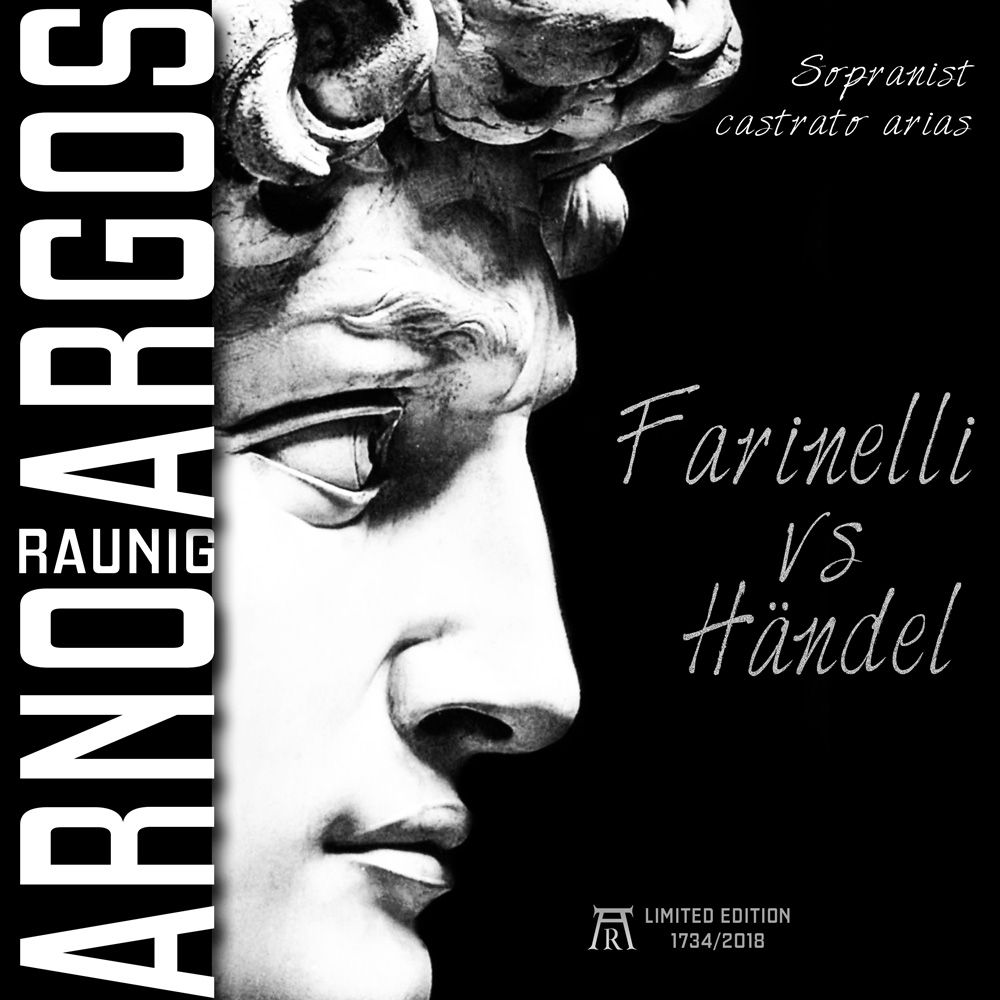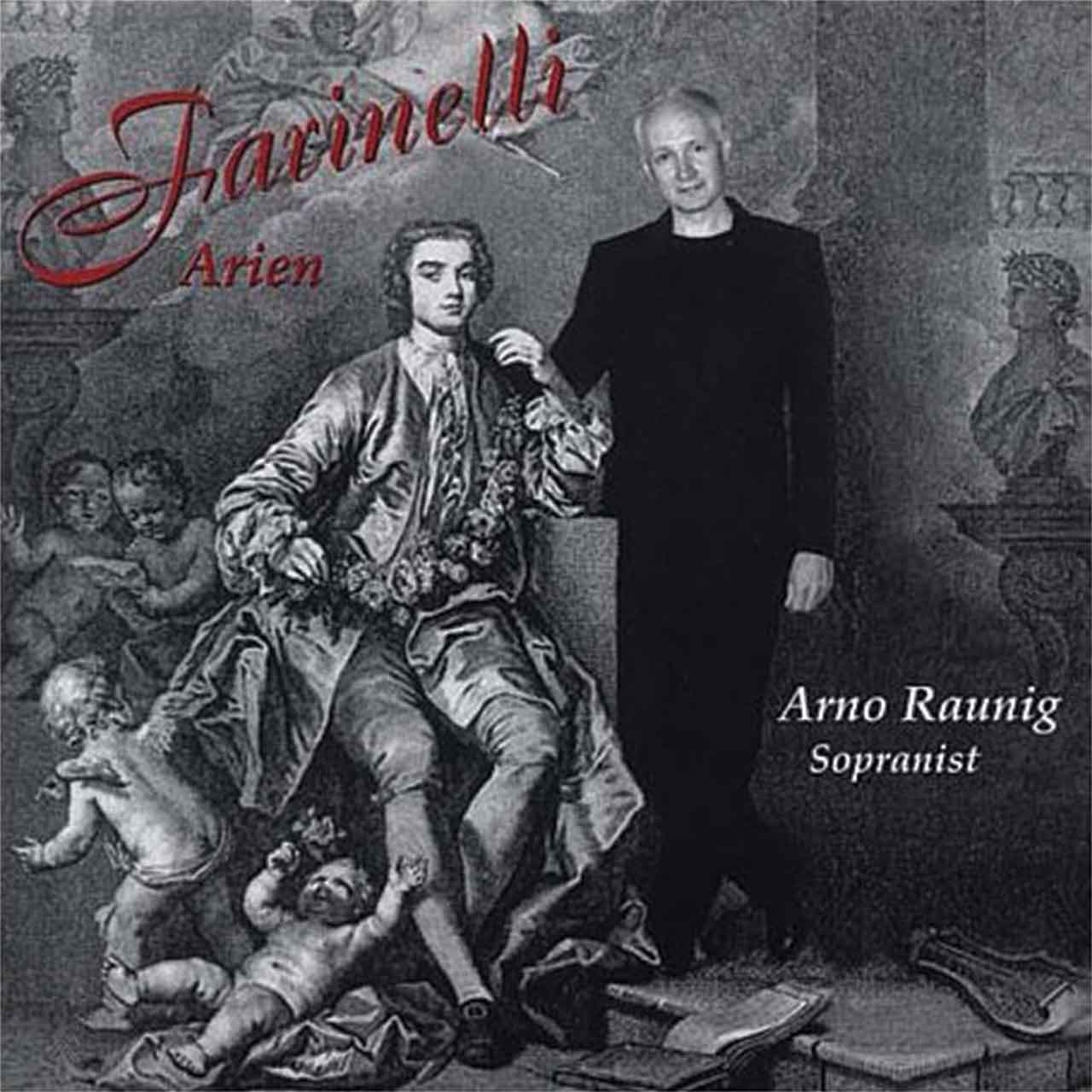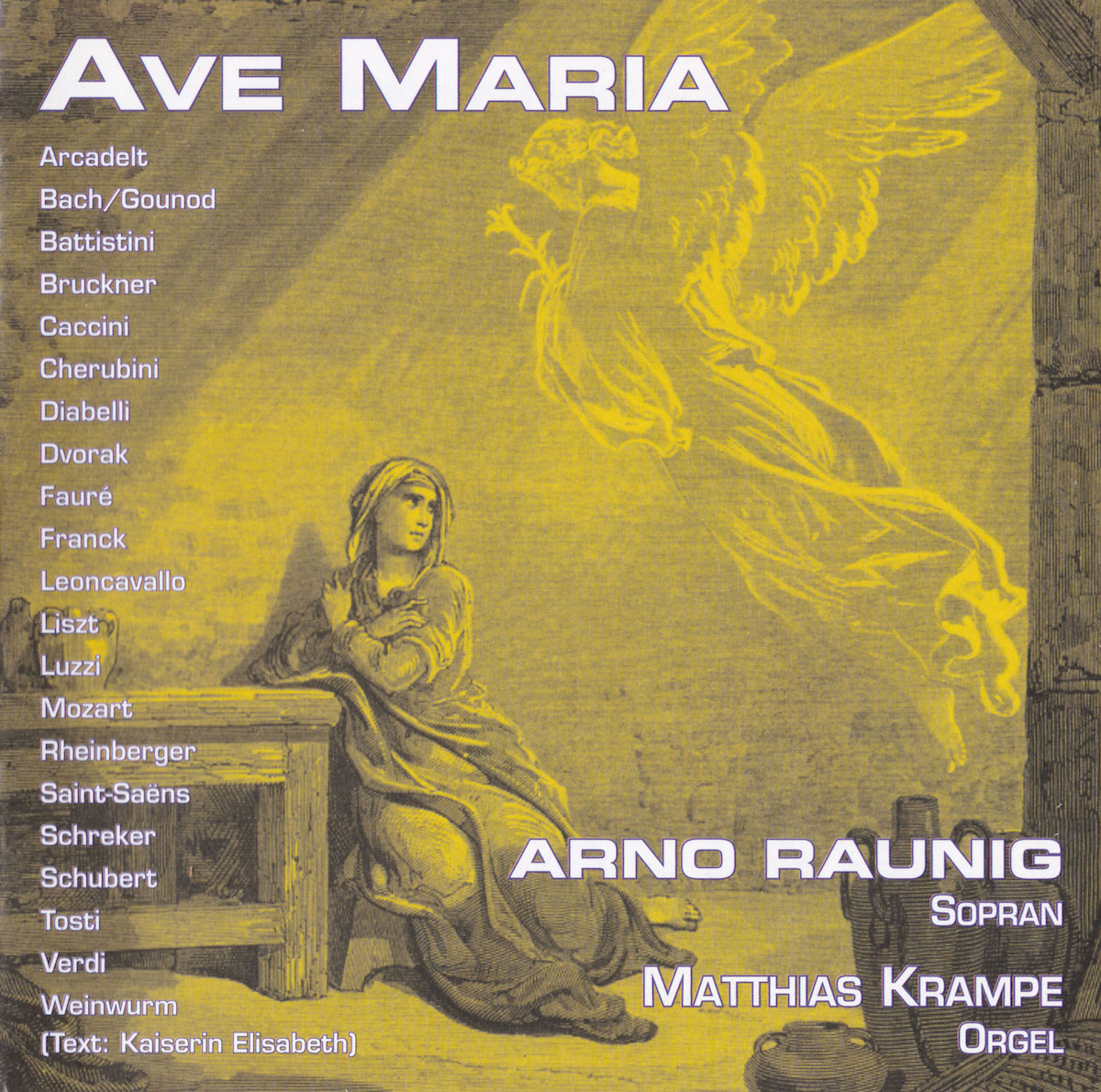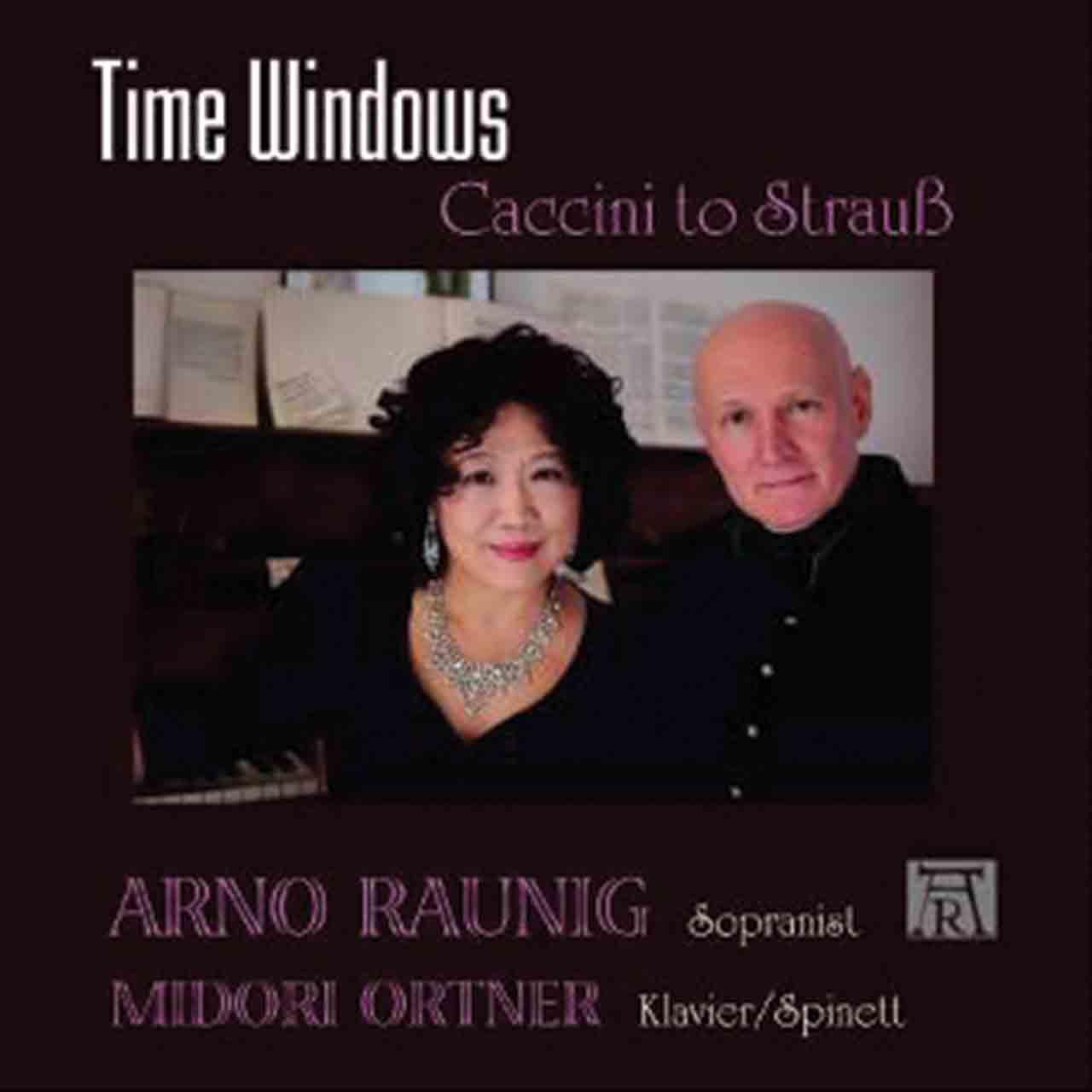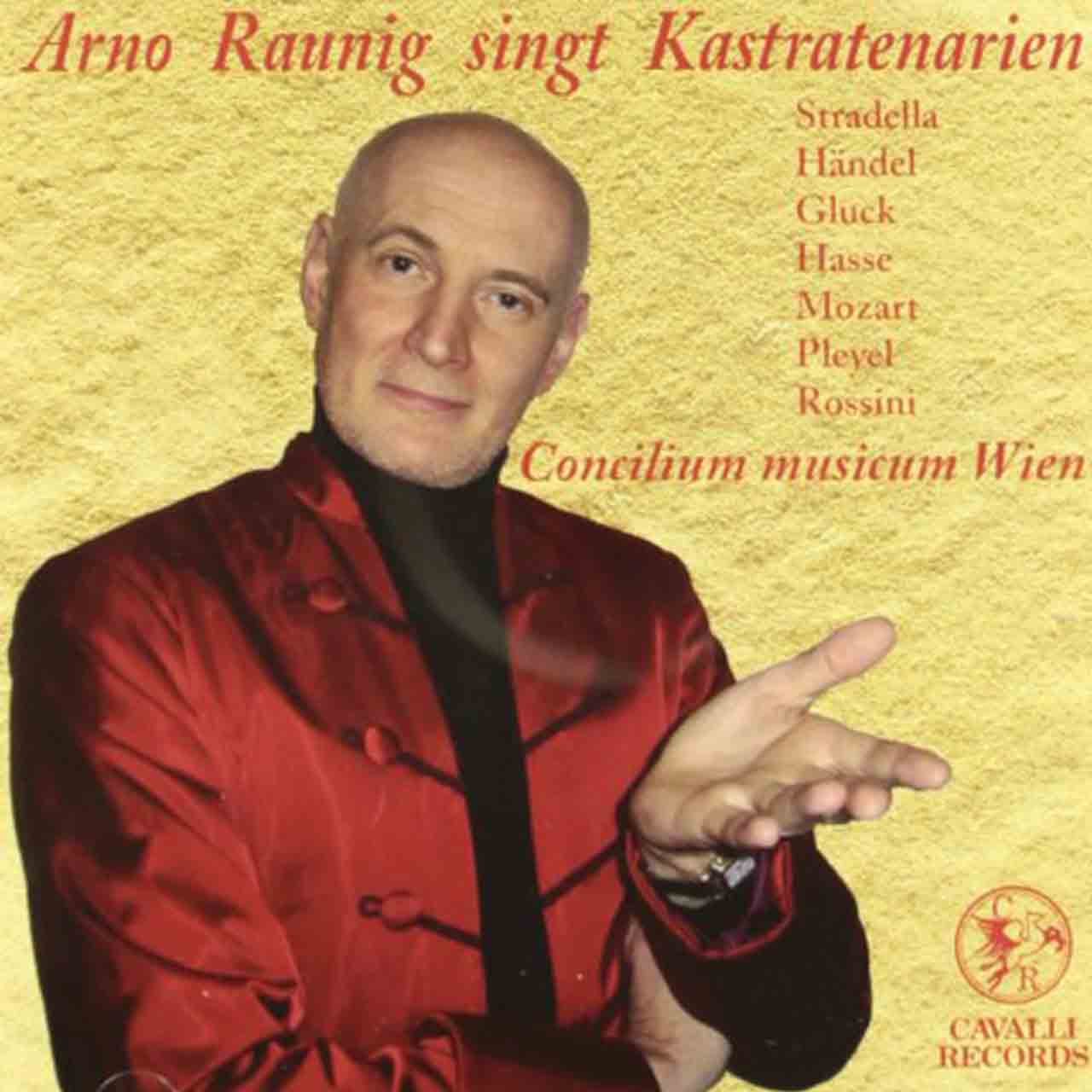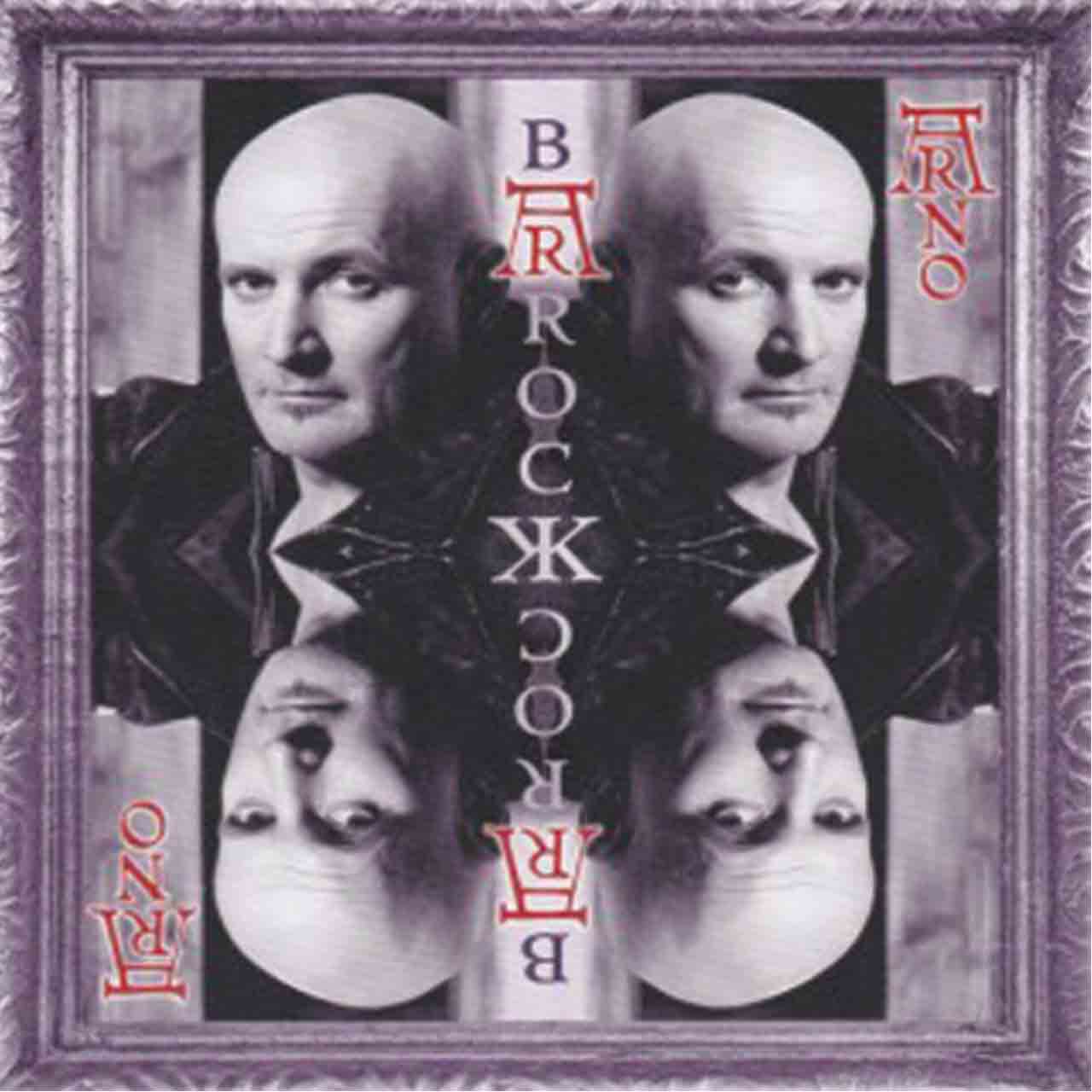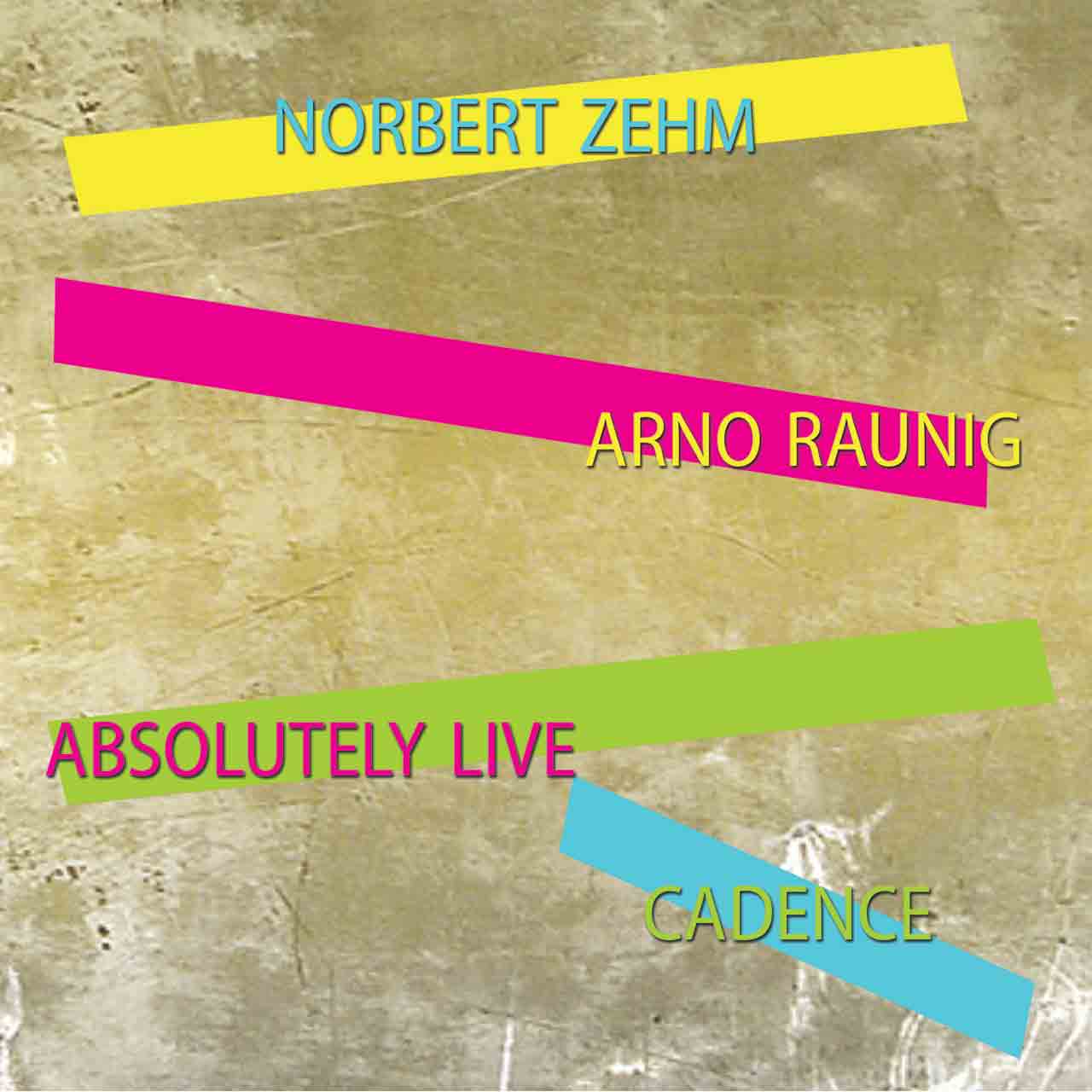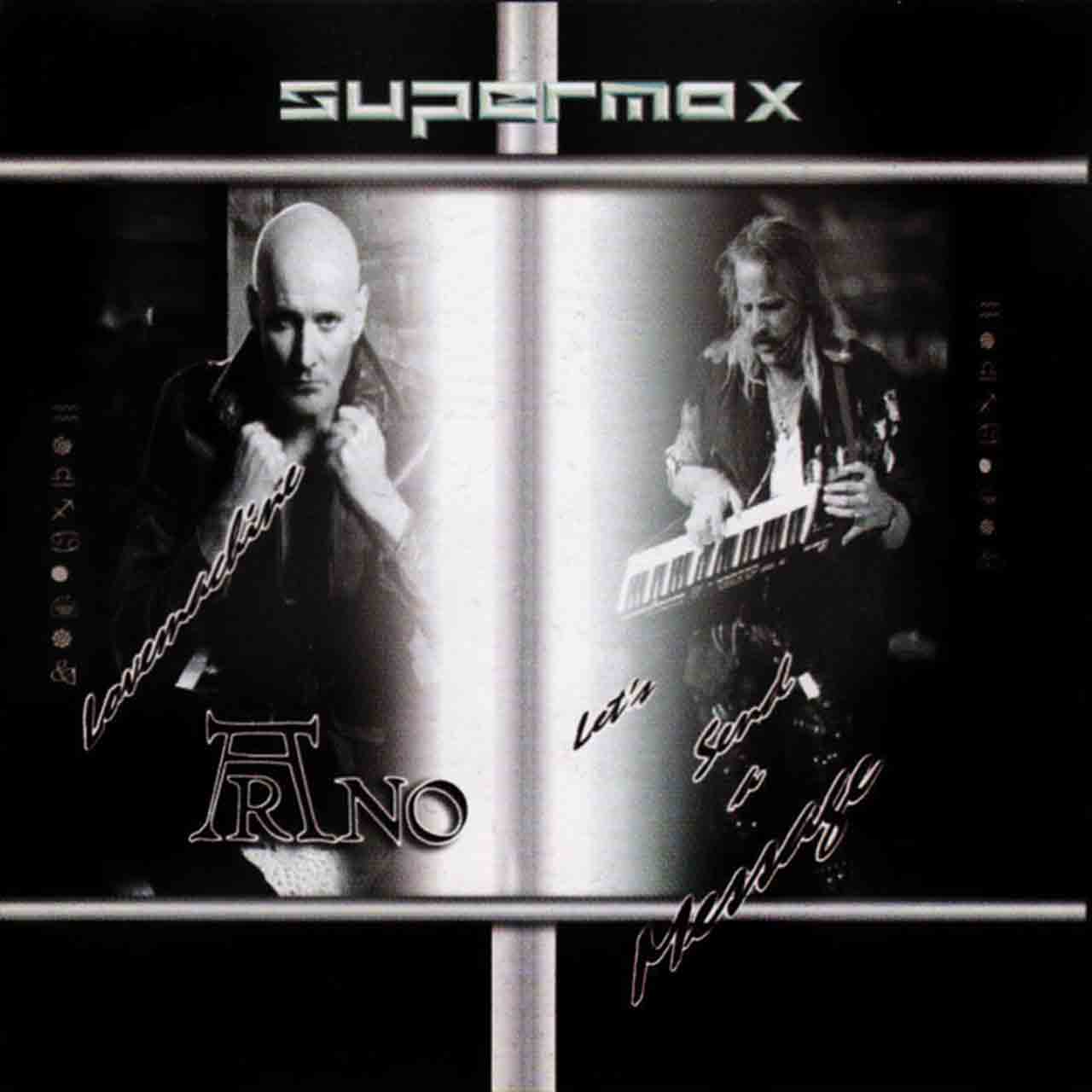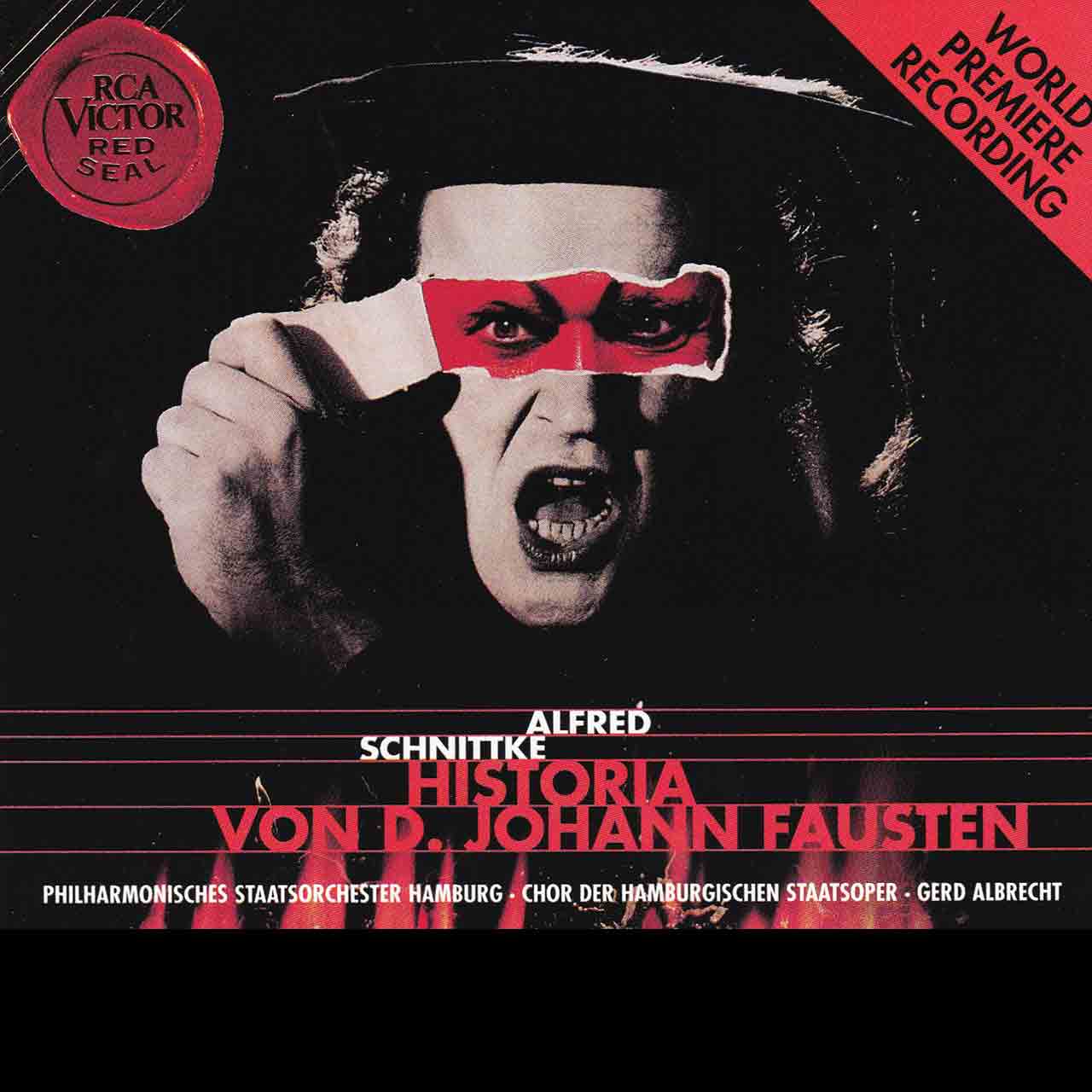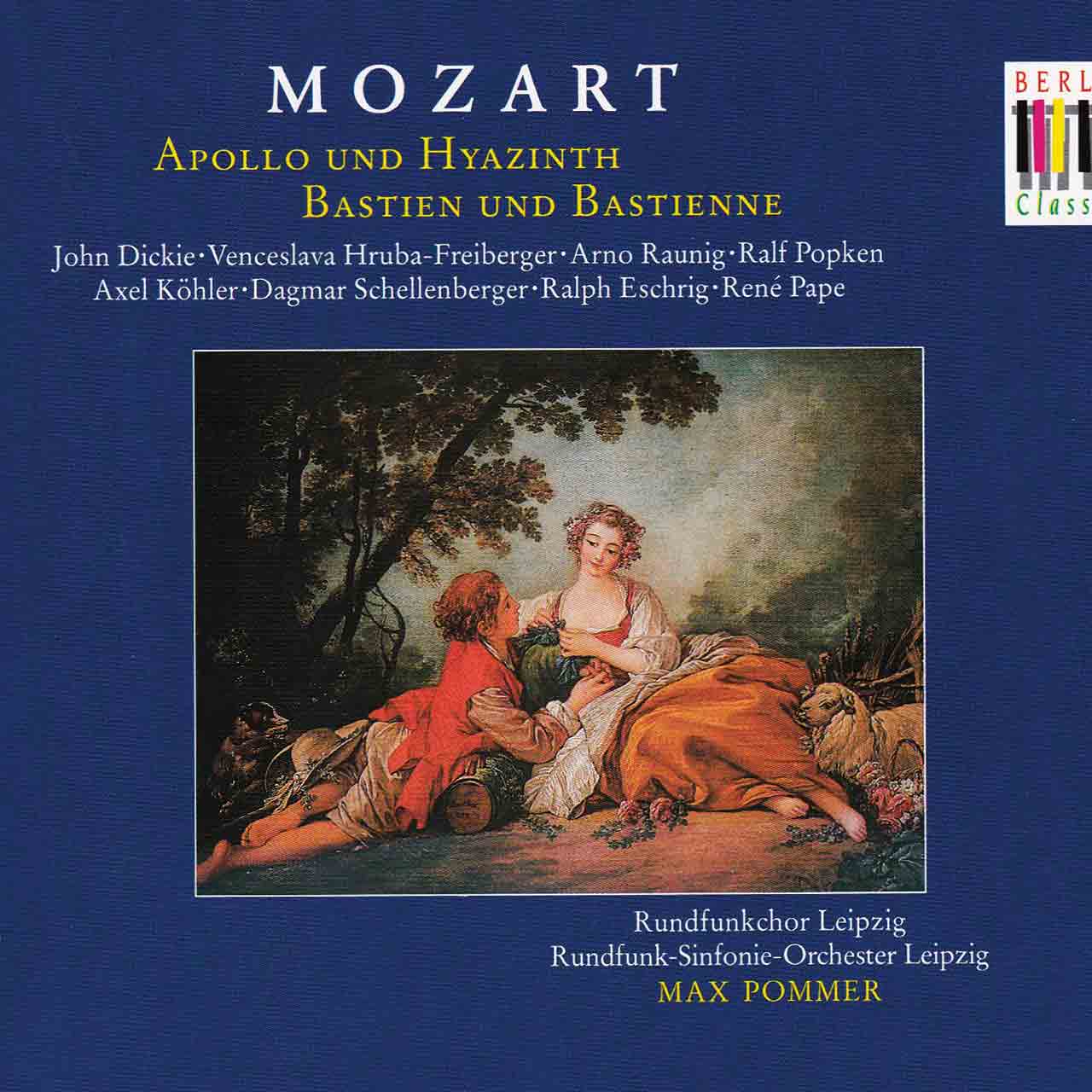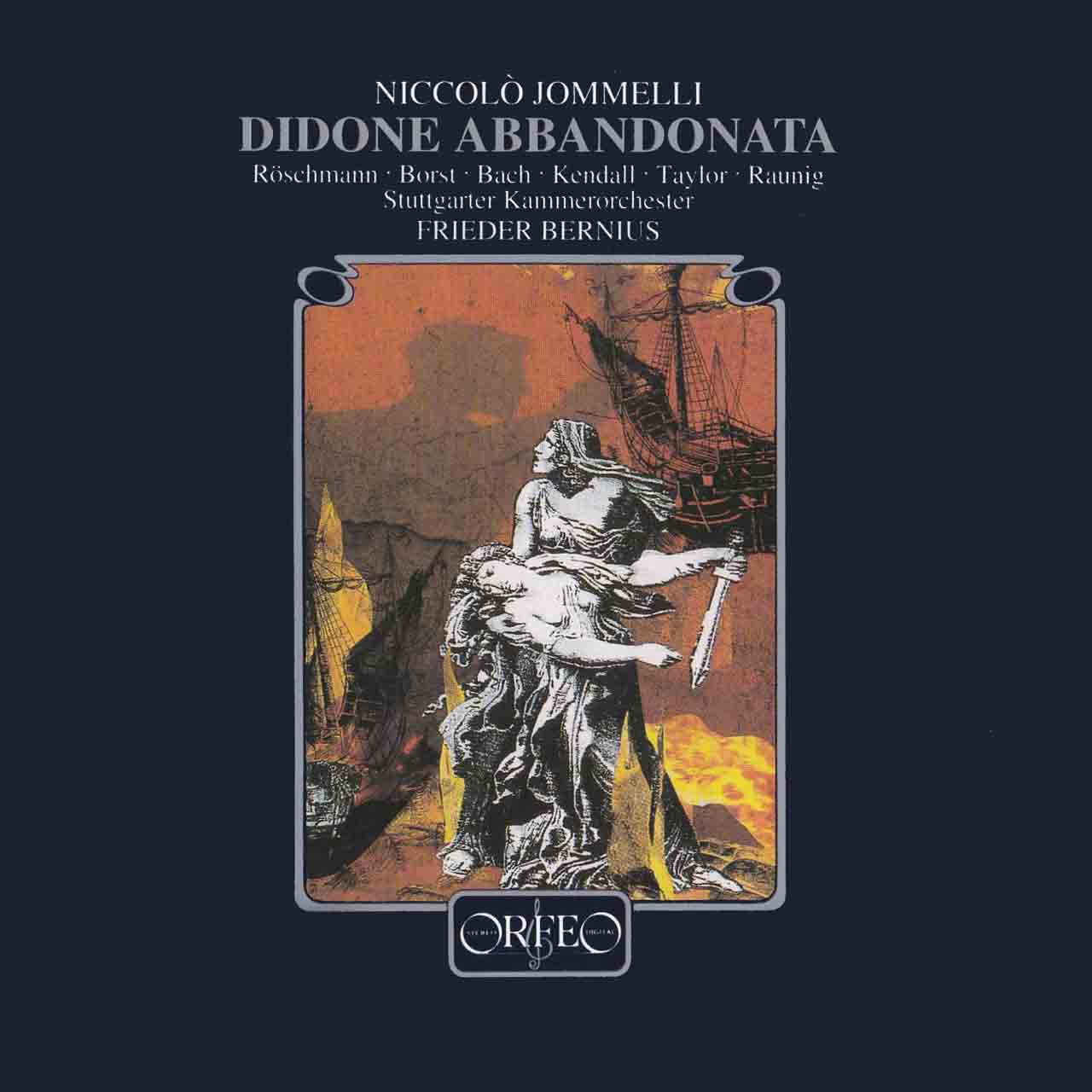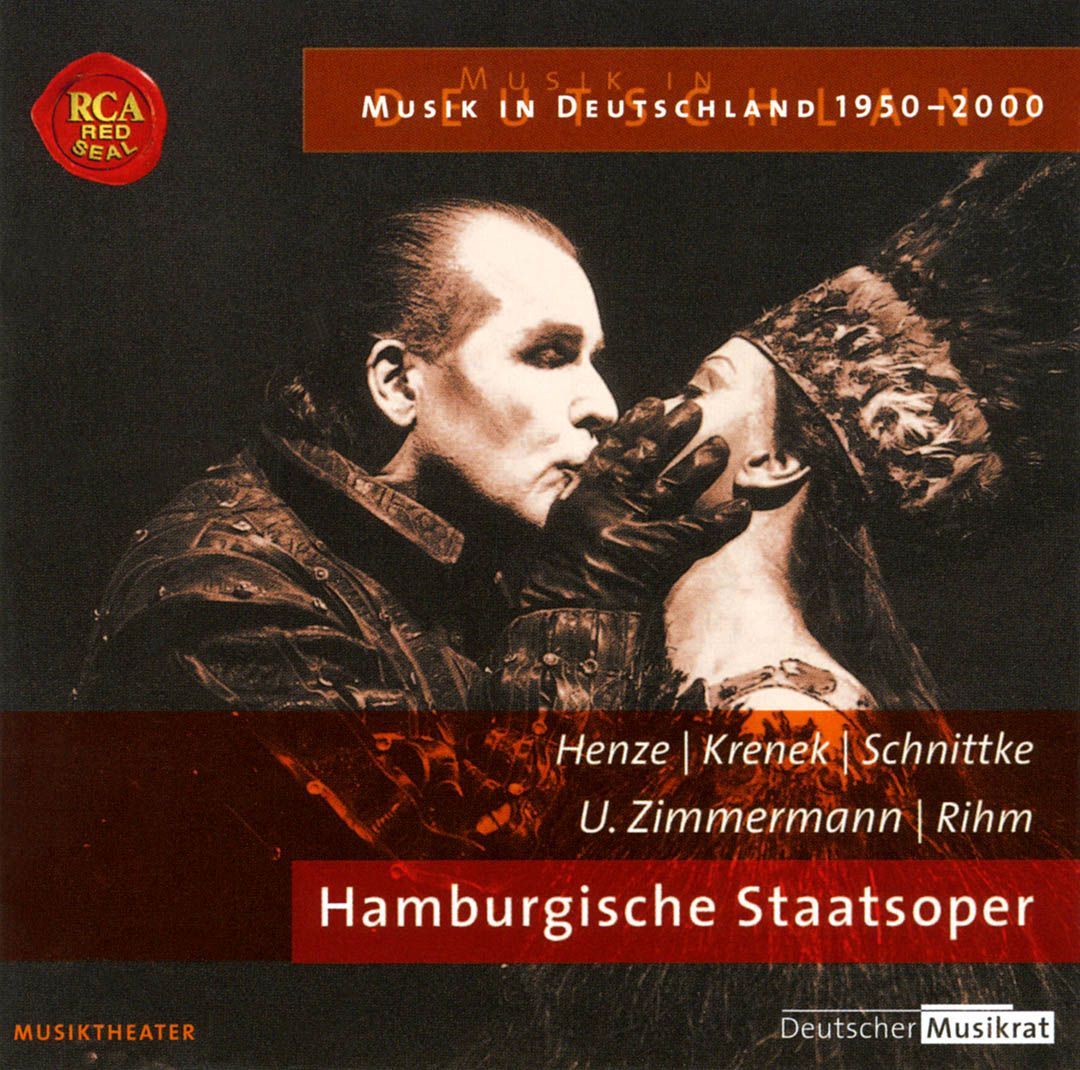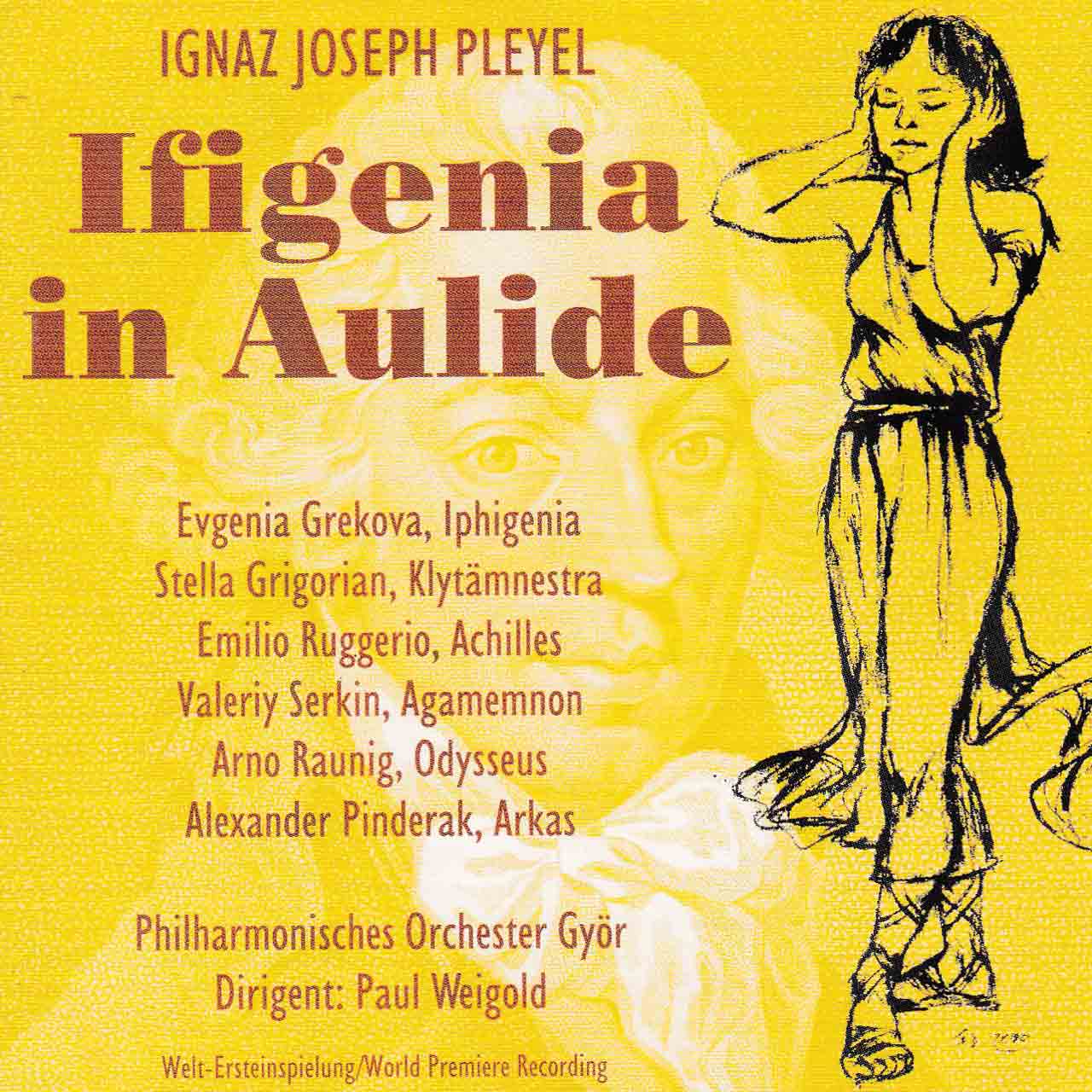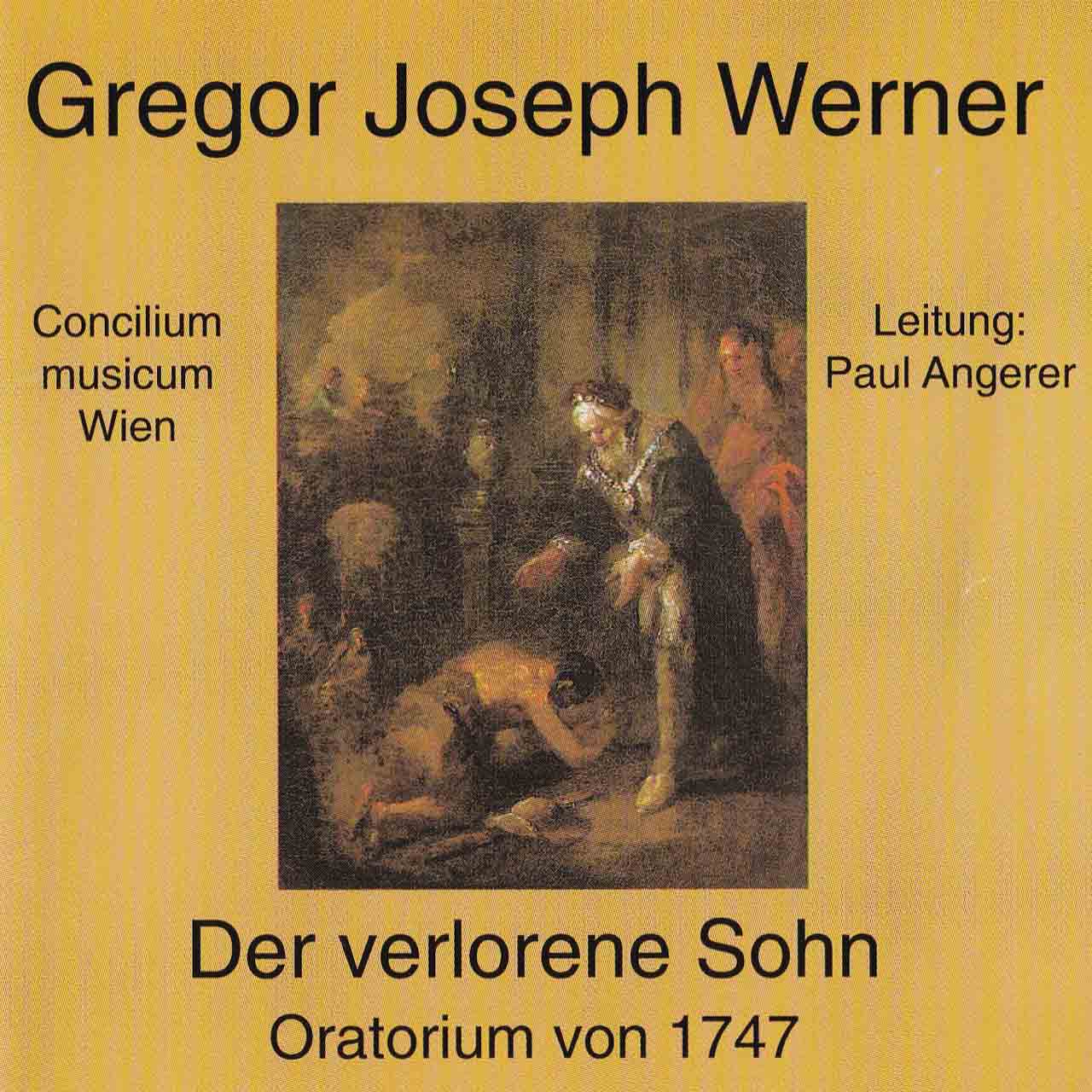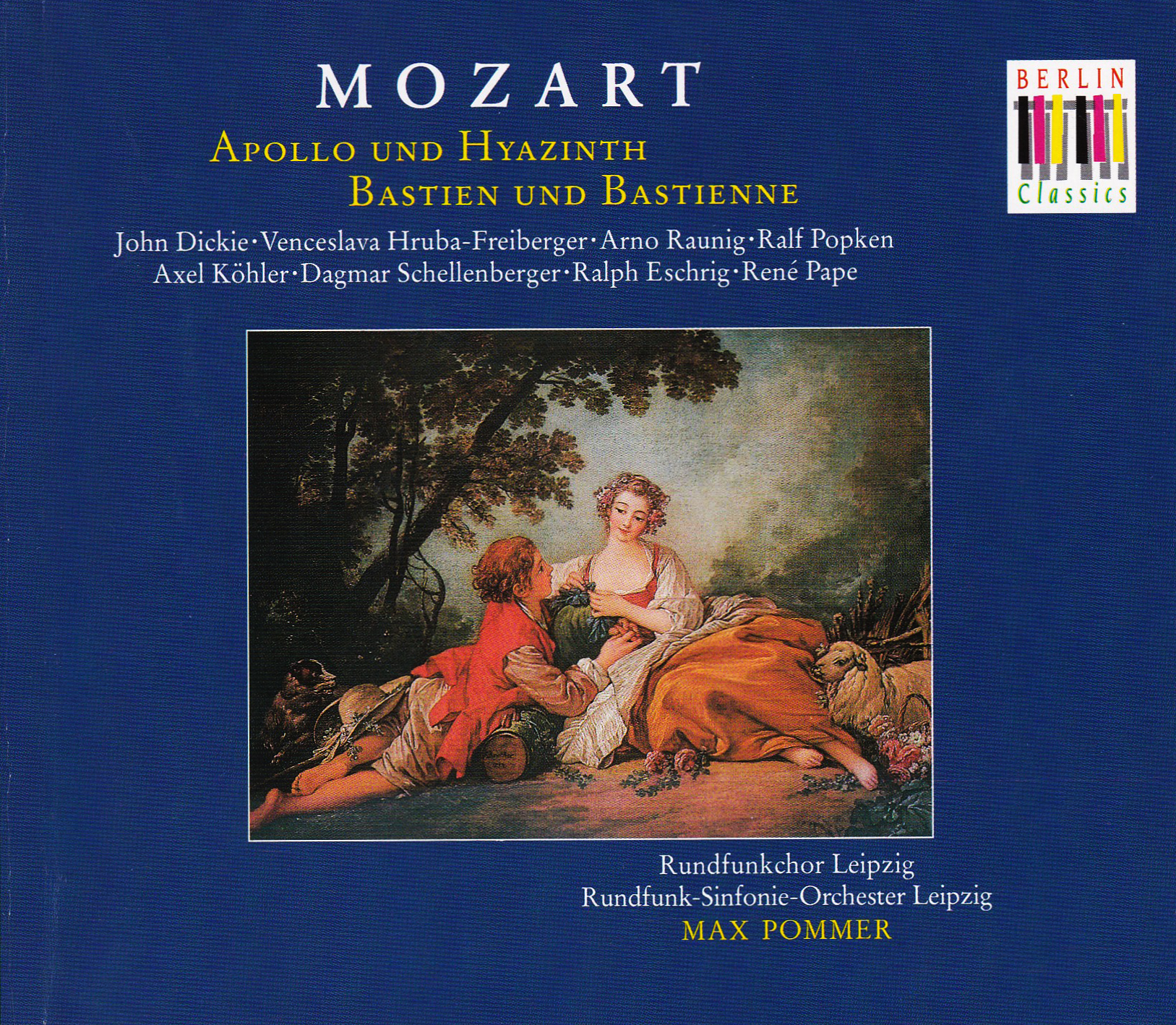
Mozart W.A.
Apollo und Hyazinth
Hyazinth: Arno Raunig
1993

Rundfunksinfonieorchester Leipzig
Rundfunkchor Leipzig
Dirigent: Max Pommer
Komponist: Wolfgang Amadeus Mozart
Audio CD (7. Dezember 1993)
Anzahl Disks/Tonträger: 2
Format: Doppel-CD
Label: Bc (Edel)
ASIN: B000026JQM
John Dickie Tenor (Vocal)
Venceslava Hruba-Freiberger Soprano (Vocal)
Arno Raunig Sopranist
Axel Köhler Alto (Vocals)
Ralf Popken Alto (Vocals)
MDR Leipzig Radio Chorus
MDR Leipzig Radio Symphony Orchestra
P. Rufinus Widl Librettist
Hyacinthus: Arno Raunig (Arno Argos, sopranist)
W.A.Mozart "Apollo et Hyacinthus" K. 38: Act I: "Aria: Saepe terrrent Numina"
Arno Argos Raunig (sopranist) - Hyacinthus (Hyacinth, Гиацинт)
About the opera Apollo et Hyacinthus
Apollo et Hyacinthus is an opera, K. 38, written in 1767 by Wolfgang Amadeus Mozart, who was 11 years old at the time. It is Mozart's first true opera (when one considers that Die Schuldigkeit des ersten Gebotes is simply a sacred drama). It is in three acts. As is suggested by the name, the opera is based upon Greek mythology as told by Roman poet Ovid in his masterwork Metamorphoses. Interpreting this work, Rufinus Widl wrote the libretto in Latin.
The opera was first performed on 13 May 1767 at the Great Hall, Salzburg University. The myth follows that Hyacinth died accidentally from being struck on the head by a discus thrown by Apollo. However, another myth tells that it was the wind god Zephyrus who was actually responsible for the Hyacinth's death because Zephyrus, out of jealousy, blew the discus off course in order to injure and kill Hyacinth. When he died, Apollo made the hyacinth flower spring out from his spilled blood.
HYACINTHUS
Sæpe terrent Numina,
Surgunt, et minantur,
Fingunt bella, quæ nos angunt,
Mittunt tela, quæ non tangunt,
At post ficta nubila
Rident et iocantur.
Et amore
Et tremore
Gentes stringunt subditas:
Nunc amando,
Nunc minando,
Salva stat auctoritas.
Disk: 1
- 1. (Intrada) (1. Akt)
- 2. Amice! iam parata sunt omnia (Rezitativ)
- 3. Chor: Numen o Latonium - O Apollo
- 4. Rezitativ: Heu me! periimus
- 5. Arie: Saepe terrent Numina (Hyacinthus - Arno Argos Raunig, sopranist)
- 6. Ah nate! vera loqueris (Rezitativ)
- 7. Iam pastor Apollo (Arie)
- 8. Amare numquid filia (Rezitativ) (2. Akt)
- 9. Laetari, iocari (Arie)
- 10. Rezitativ: Rex! de salute filii
- 11. En! duos conspicis (Arie)
- 12. Rezitativ: Heu! Numen! ecce!
- 13. Duett: Discede crudelis!
Disk: 2
- 1. Rezitativ: Non est. Quis ergo (3. Akt)
- 2. Arie: Ut navis in aequore luxuriante
- 3. Rezitativ: Quocumque me converto
- 4. Duett: Natus cadit, atque Deus
- 5. Rezitativ: Rex! me redire cogit
- 6. Terzett: Tandem post turbida fulmina
- 7. (Intrada)
- 8. Arie: Mein liebster Freund hat mich verlassen
- 9. Dialog: Oh, dieser Treulose
- 10. Ich geh' jetzt auf die Weide (Arie)
- 11. (Colas' Auftritt)
- 12. Befraget mich ein zartes Kind (Arie)
- 13. Dialog: Guten Morgen, Herr Colas
- 14. Arie: Wenn mein Bastien einst im Scherze
- 15. Dialog: Das schöne Fräulein kennt sich aus
- 16. Arie: Würd' ich auch, wie manche Buhlerinnen
- 17. Dialog: Sei unbesorgt
- 18. Duett: Auf den Rat, den ich gegeben
- 19. Dialog: Da läuft sie hin
- 20. Großen Dank dir abzustatten (Arie)
- 21. Dialog: Also hast du dich besonnen
- 22. Geh! Du sagst mir eine Fabel (Arie)
- 23. Dialog: Es ist nun mal die Wahrheit
- 24. Diggi, daggi (Arie)
- 25. Dialog: Ich bitte dich
- 26. Arie: Meiner Liebsten schöne Wangen
- 27. Dialog: Da ist sie! Was tun?
- 28. Er war mir sonst so treu und ergeben (Arie)
- 29. Dialog: Verzeih, Bastienne! Ich war verhext!
- 30. Geh hin! Ich will (Arie)
- 31. Dialog: Sieh an! Du bist noch hier?
- 32. Dein Trotz vermehrt sich durch mein Leiden (Arie)
- 33. Dialog: Was ist? Was hält dich auf?
- 34. Duett: Geh! geh! geh! Herz von Flandern
- 35. Terzett: Kinder! Kinder! Seht, nach Sturm und Regen

